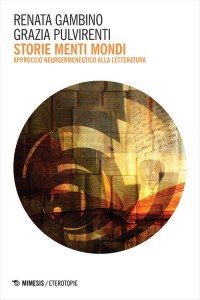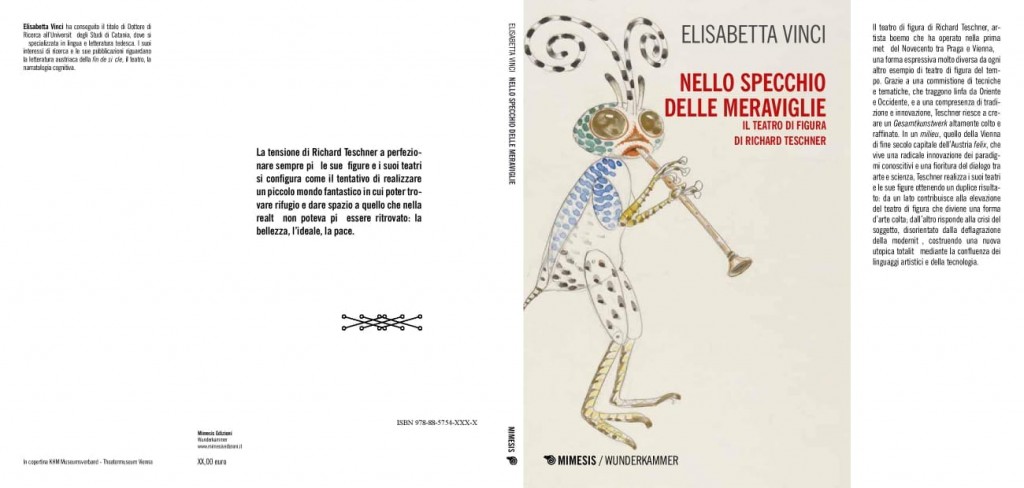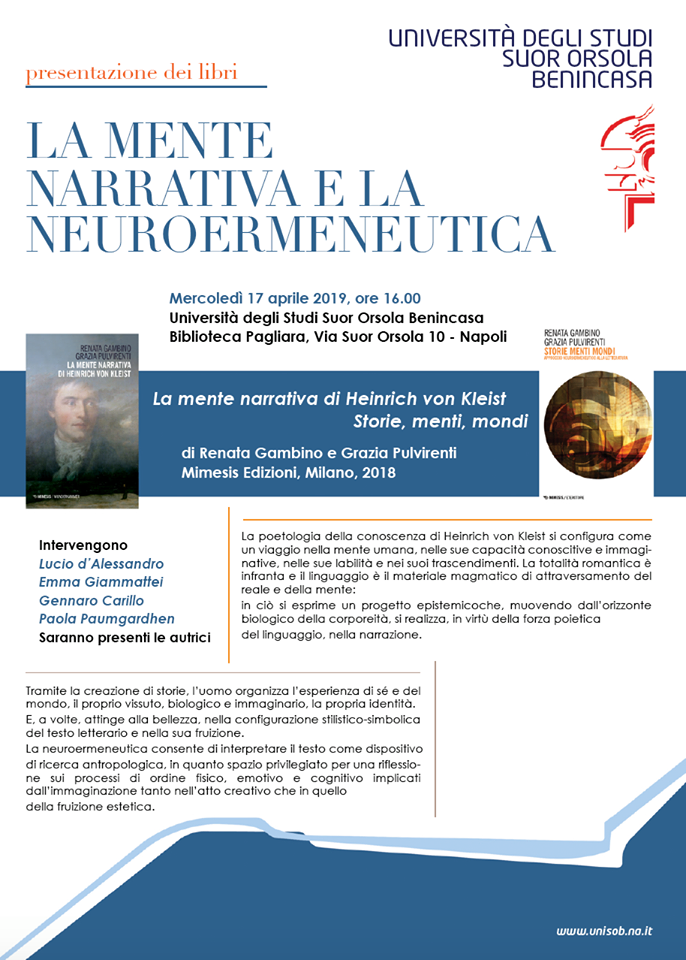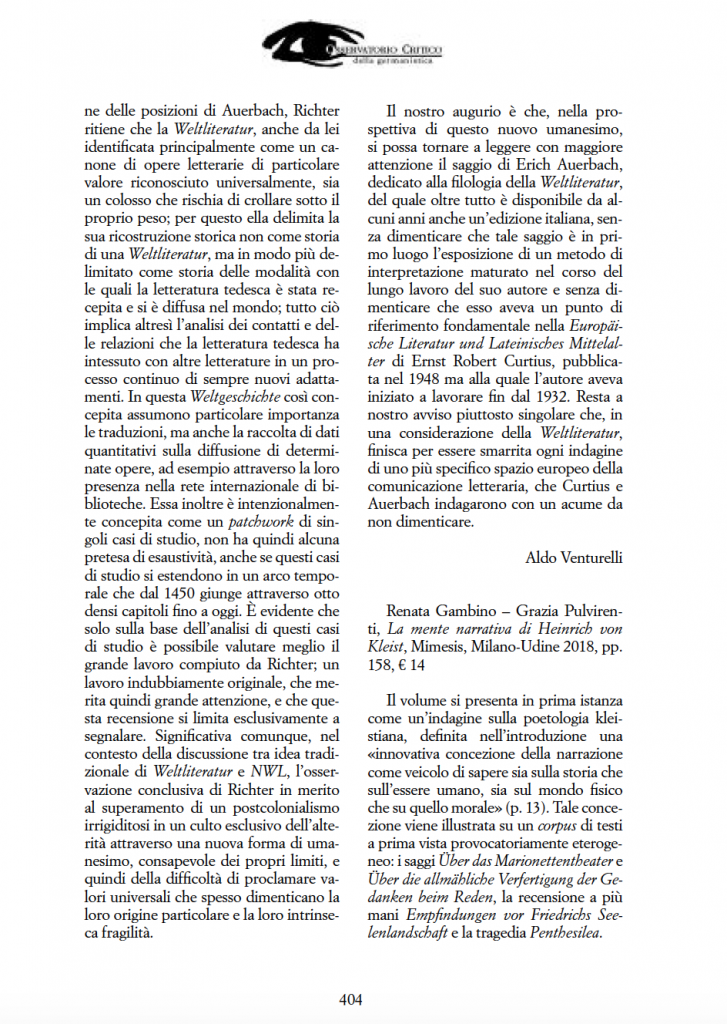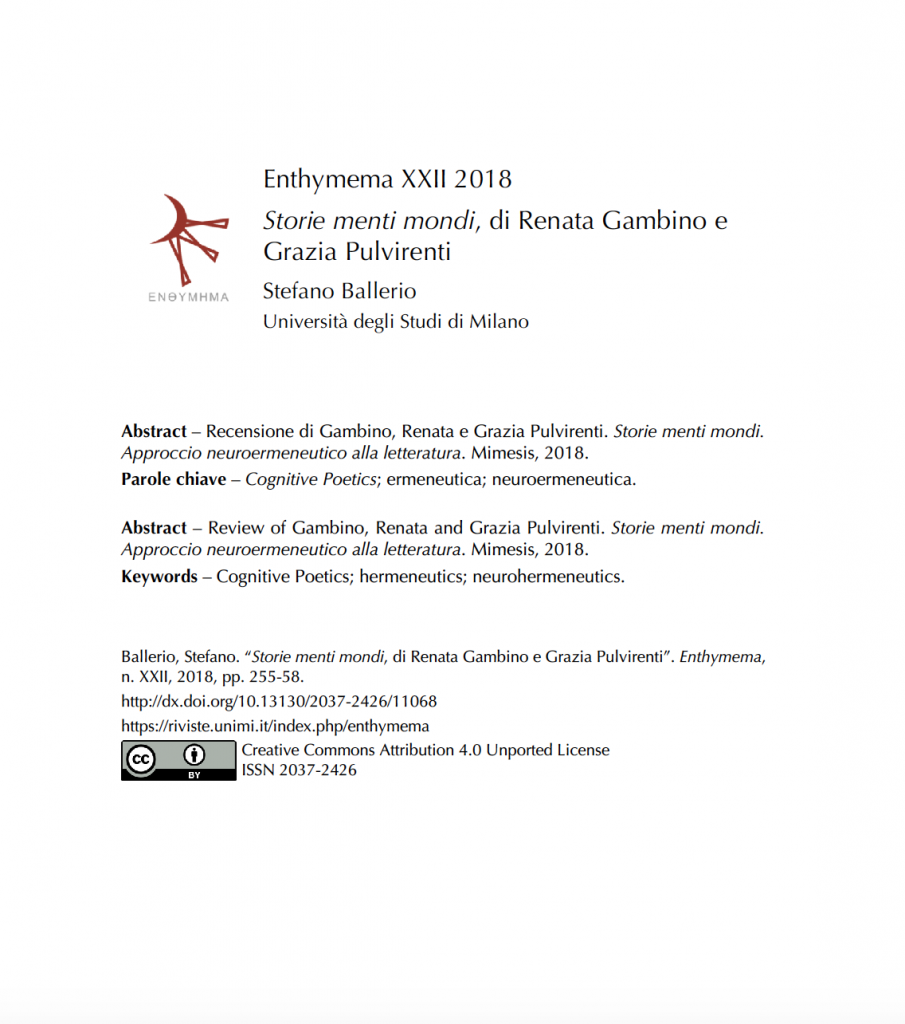Warsaw, October 22nd – 24th, 2020
CFP Deadline: 1st June 2020
Further information about the deadline
http://vulnerability2020.uw.edu.pl/
A research network at the University of Warsaw, University of Bremen, Åbo Akademi University (in Åbo/Turku) and Stockholm University address questions of social positions and positioning in a conference series on contradictory discourses of marginality and demarginalizations.
Social positions and positioning stand in connection to linguistic practices of stance taking and staging, of making oneself heard. Questions of marginal or central membership in groups and mechanisms of belongings have a high significance in constituting voices of actors in emerging discourses.
In these processes of positioning in the sense of stance taking and/or staging, contradictory discursive figurations become visible, which often represent a challenge for modern democratic societies.
The goal of the conference series is to reach an understanding of contemporary discourses shaped by contradictory configurations through in-depth analysis. The conference series is also associated with the section Discourses on Centrality and Marginality – Discourse Linguistic Agendas in Times of Contradiction at the XIV. Congress of the International Association for Germanic Studies in Palermo, Italy (IVG 2020), and the European Research Network on Discourses of Marginality and Demarginalizations.
Bremen-Turku-Warsaw-Stockholm Series on Studies in Discourse and Contradiction BTWS Series 2018–2021 | #3
October 22.-24. 10. 2020 in Warsaw, Poland
BTWS#3 focuses on positions and positioning of vulnerability in emerging discourses and in conversational exchanges. Vulnerability theories are grounded in the deep changes of the human ecologies of our societies and in the sense of precarity and inequality that individuals feel in relation to mainstream groups and institutions.
The concept of vulnerability opens up a series of infinite possible conjugations: victimization, fragility, weakness, disadvantage, being neglected, infantilized, ignored, excluded, and silenced. This leads to a series of (self-)presentation mechanisms at all levels that conference participants are called upon to describe in a wide range of manifestations: among them physical vulnerability, psychological vulnerability, social vulnerability, sexual and gender vulnerability, linguistic vulnerability, institutional vulnerability, verbal aggression.
Starting from these observations, we are interested in theoretical and empirical research that analyses contradictory discourses based on vulnerability positions and positioning. These positions can be expressed in agendas, arenas, and agencies.
The organisers approach these topics from an interdisciplinary linguistic perspective and wish to invite researchers from all disciplines to contribute to disciplinary and interdisciplinary discussions.


